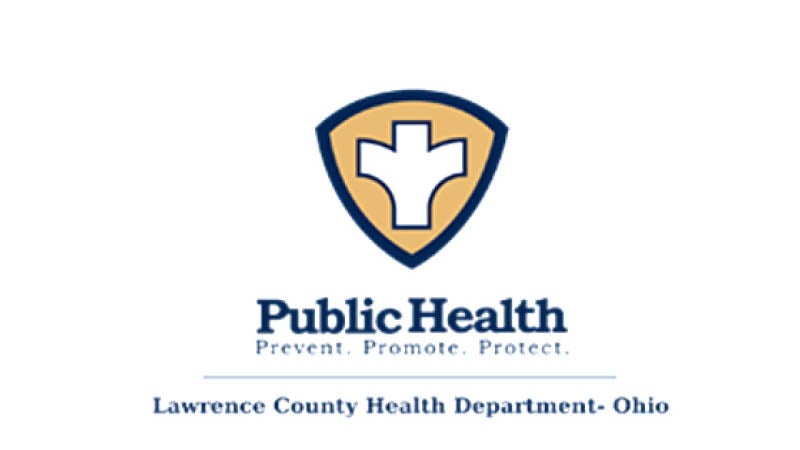Seasonal allergies: Insights and misconceptions
Published 5:00 am Wednesday, July 31, 2024

- Lawrence County Health Department logo
Lawrence County
Health Department
Seasonal allergies can turn a pleasant day into a challenging period filled with sneezing, runny noses, and itchy eyes. Understanding the truth behind dealing with these symptoms is helpful for effective relief.
Allergies occur when a person’s body reacts to normally harmless things in the air or around us that cause allergies.
These substances that cause allergies include pollen, dust mites, pets, insects, molds, foods and some medications.
It’s a common misconception that only children develop allergies. In reality, adults can also develop new allergies at any age as their immune systems change over time.
Thus, symptoms that seem like a common cold in adulthood could actually be allergies.
Allergies can affect different parts of the body. They may cause allergies in the nose, irritation in the eyes, swelling in the skin, or cause breathing problems like asthma.
Swelling from allergies can also affect the ears, similar to ear infections.
If not properly handled, nasal allergies can make breathing problems worse. According to the CDC, weather changes often lead to more pollen, varying by season and geographical region.
Pollen can cause allergies like hay fever, affecting more people with health issues.
To reduce exposure to allergy triggers, consider these recommendations:
• Stay indoors on dry, windy days.
• Keep windows closed and use air conditioning to filter out pollen.
• The best time to go outside is after a good rain.
• Avoid activities like lawn mowing and weed pulling that stir up allergic substances.
• Avoid hanging laundry outside.
• Remove outdoor clothing and shower to rinse off pollen.
• Recirculate the air in your car to prevent pollen from entering while traveling.
Eating local honey is believed to help allergy symptoms, but there isn’t much scientific evidence for this and results in available clinical studies are conflicting.
Seasonal allergies can be treated with over-the-counter medications that include antihistamines, which relieve sneezing, itching, watery eyes or runny (or stuffy) nose.
Some nasal sprays, such as corticosteroid nasal sprays or cromolyn sodium nasal sprays can improve nasal symptoms.
Talk to your healthcare provider about long term use of corticosteroid nasal sprays and/or the use of oral decongestants to treat allergy symptoms.
If over-the-counter medicines aren’t enough to control your allergy symptoms, check with your healthcare provider to see if allergy testing is recommended.
Testing can show exactly what allergens trigger your symptoms and help determine the best treatment for you.
Understanding how to handle allergies effectively can significantly improve the quality of life. Staying informed about the amount of pollen in the air and preparing well will minimize the effect of allergies on daily activities.
This article was provided for The Tribune by Mohammad Abdulrahman, MBBS, MPH, and Paola Litton, MPH, Lawrence County Health Department. We encourage our readers to stay informed, prepared, and ever mindful of health and safety.





